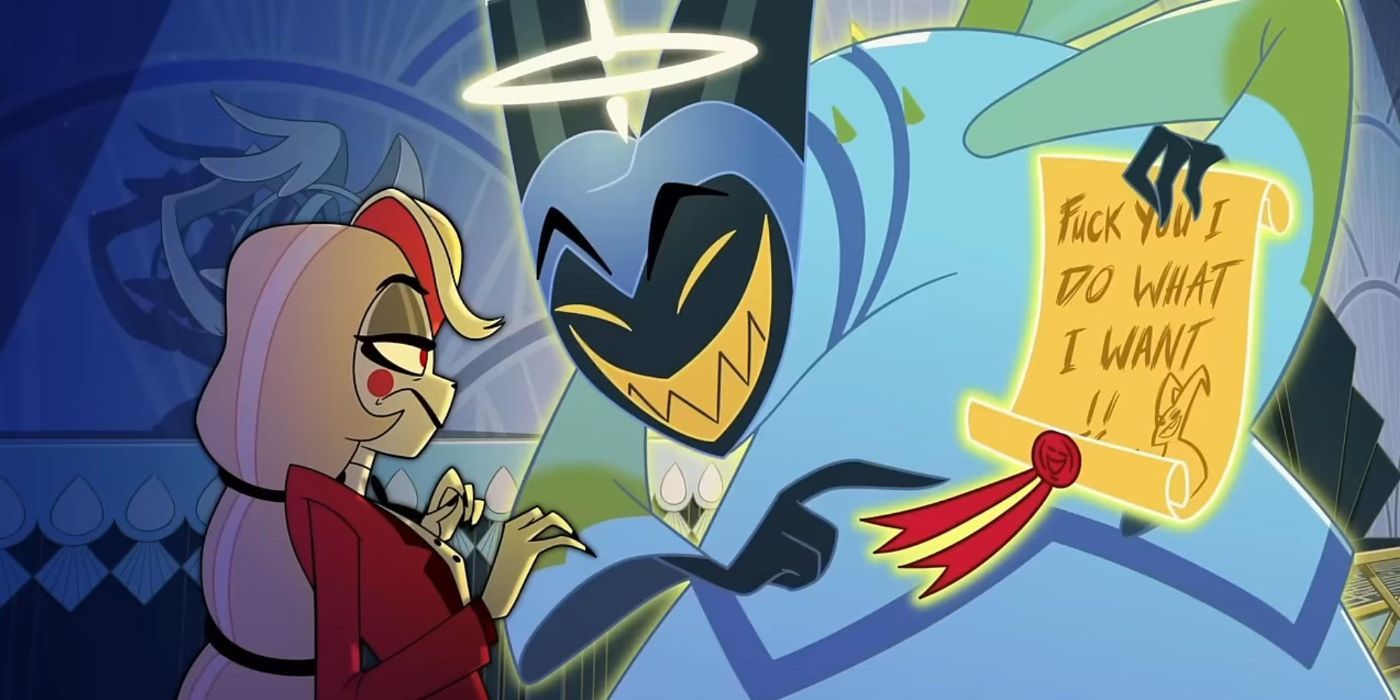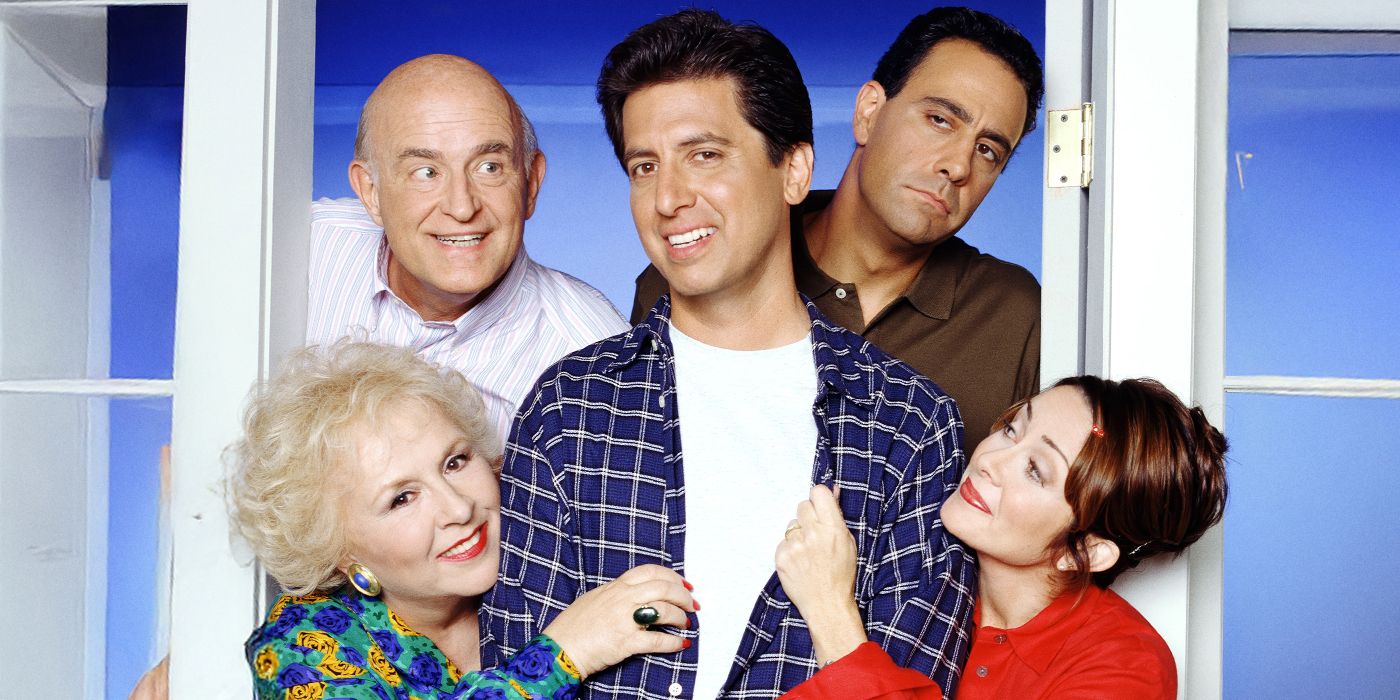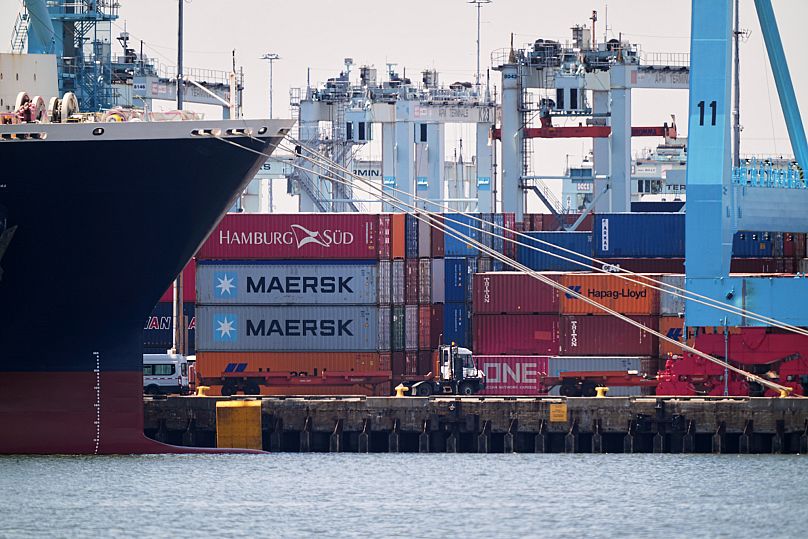Hollywood Laughs Off Trump’s Movie Tariff Threats Amidst Mounting Obstacles

Donald Trump began a busy week with a renewed threat to impose a 100% tariff on films made outside the United States, utilizing his Truth Social platform to declare that the “movie making business has been stolen from the United States of America, by other Countries, just like stealing ‘candy from a baby’.” This pronouncement, made on Monday amidst high-profile meetings with Israeli Prime Minister Benjamin Netanyahu and top congressional leaders to avert a government shutdown, caught Hollywood studios and streamers off-guard. The White House had not contacted industry representatives, including the Motion Picture Association (MPA), prior to the announcement.
This is not the first time Trump has floated such a proposal; a similar threat was made last May. The industry’s initial reaction then, as now, was largely one of confusion and skepticism regarding the practicality and legality of imposing tariffs on films, which are considered a “service” rather than a tangible “good” like cars or steel. While the MPA declined official comment, a board meeting was scheduled for Tuesday, with Trump’s tariff threats expected to be a key agenda item for entertainment leaders from Disney, Amazon MGM, and NBCUniversal.
The global filmmaking community has largely met the revived threats with a mix of concern, confusion, indifference, and outright disdain. Many view it as “hot air” or “his brand of Looney Tunes,” as British producer Phil Hunt described, noting that Trump “doesn’t understand the detail of film being a global business.” Entertainment lawyer Stephen Weizenecker also questioned the fundamental mechanics: “How do you tariff something like a movie? Who ultimately gets charged for the tariff?”
A major driver for international film production is the availability of richer subsidies in countries like the United Kingdom, Hungary, and other European nations, which significantly reduce production costs compared to shooting in the United States. Major studio blockbusters such as upcoming “Avengers” and “Dune” films, and HBO’s “Harry Potter” series, have opted for these overseas production hubs. Conversely, shooting in California can add tens of millions to a film’s budget, making U.S. studios hesitant to film domestically. French producer Charles Gillibert, whose films often shoot across Europe, believes such tariffs would “condemn the work to never being made,” particularly hurting arthouse films and independent artists who often serve as global ambassadors for American cinema.
Implementing such a policy faces numerous practical and legal hurdles. Tariffs traditionally apply to imported goods, requiring a defined transaction and point of entry. Films, however, are often produced and edited across territorial boundaries without a clear import price. A draft “Jon Voight plan” had suggested a 120% tariff on foreign subsidies received, which would effectively act as an embargo. Other options like a movie ticket tax on foreign films or a tax on domestic box office revenue have not been proposed by Trump.
Legally, Trump’s past tariffs have often relied on the International Emergency Economic Powers Act (IEEPA). However, IEEPA contains a specific carve-out known as the Berman amendments, which explicitly prevents the government from using the act to regulate the importation of “informational materials” such as films, music, and news. Any attempt to use IEEPA for movie tariffs would likely face immediate injunctions, similar to the blocking of Trump’s 2020 TikTok ban. Alternatives like Section 301 (unfair trade practices) or Section 232 (national security) would also face legal challenges, potentially on First Amendment grounds.
Crucially, there is a widespread lack of political support for these tariffs within Hollywood. While unions are concerned about production moving overseas, their preferred solution, shared by studios and some Democratic lawmakers like Laura Friedman, is the creation of federal tax credits or incentives to rival those offered internationally. Theater operators, still recovering from the pandemic, are adamantly opposed to any measures that would increase ticket prices, as are audiences. Given the significant practical, legal, and political obstacles, many industry professionals, such as line producer Raphael Benoliel, advocate a “wait-and-see” approach, citing Trump’s tendency to backtrack on such announcements and to “create chaos.”
You may also like...
Tottenham's £60m Gamble: Forest Threatens Legal Action Amid Gibbs-White Medical

Tottenham Hotspur is on the verge of signing Nottingham Forest midfielder Morgan Gibbs-White for £60 million, but the de...
Hell's Bells! 'Hazbin Hotel' Season 2 Trailer Drops, Bringing Back a Fan-Favorite Character from the Dead!

Prime Video's official trailer for <i>Hazbin Hotel</i> Season 2 offers a deep dive into the upcoming conflict between He...
The Whole Gang Returns: 'Everybody Loves Raymond' Celebrates 30 Years with Epic Reunion Special!

Thirty years after its debut, “Everybody Loves Raymond” is set to air a special reunion on November 24 on CBS and Paramo...
Explosive Revelation: New Footage Exposes Morgan Wallen's Initial Denial in Chair-Throwing Scandal!

Newly released police video footage shows country music star Morgan Wallen initially denying throwing a chair from a Nas...
Janet Jackson Joins Elite Club: Cardi B Fuels Historic 5-Decade Hot 100 Milestone!

Janet Jackson makes Billboard Hot 100 history by charting in a fifth distinct decade with her feature on Cardi B’s new t...
Royal Family Scandal: Meghan Markle's Father Reportedly Trapped in Philippines Apartment

Meghan Markle's father, Thomas Markle Sr., was trapped in a building after a 6.9-magnitude earthquake struck the Philipp...
Shocking Twist: British Boyband Member Accused of Assaulting Woman and Child

Multiple public figures in the UK are under scrutiny for alleged assaults and domestic abuse. An unnamed British boyband...
Act Now! BellaNaija's Vital #StopHPVForHer Campaign Demands Attention

BellaNaija has launched the #StopHPVForHer Campaign to combat cervical cancer by raising awareness about Human Papilloma...




